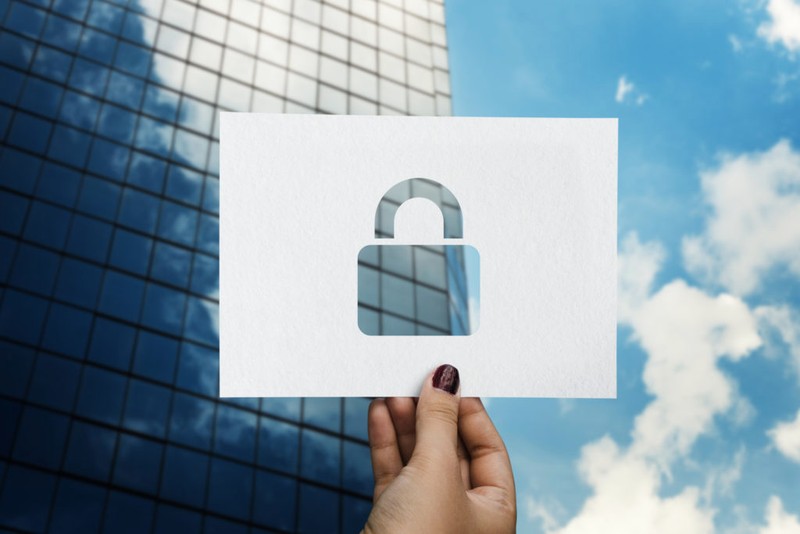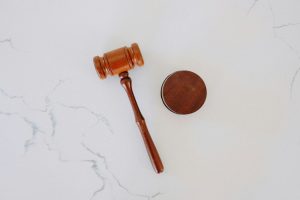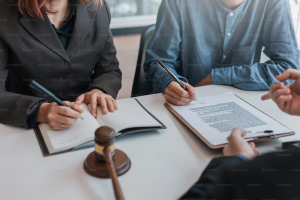
In any law firm, physical security is of utmost importance. Client information, confidential documents, and valuable assets need to be protected at all times. A breach of security can not only lead to financial losses but also cause irreparable damage to the firm’s reputation. Therefore, it is essential to take measures to enhance physical security in a law firm. Here are five essential tips to boost physical security in a law firm.
- Implement Access Control Systems
One of the most crucial aspects of physical security is controlling access to the premises. Implementing an access control system can ensure that only authorized personnel can enter the building or specific areas within the office. Access control systems can be customized to allow different levels of access to different employees, depending on their roles and responsibilities. This can help to prevent unauthorized access to confidential client information or valuable assets.
There are different types of access control systems, such as biometric systems, card readers, or key fobs. Biometric systems use fingerprints or facial recognition to identify authorized personnel, while card readers or key fobs require employees to swipe a card or key fob to gain access. Whatever system is chosen, it is essential to ensure that it is regularly updated and maintained to prevent any vulnerabilities or malfunctions.
- Install Security Cameras
Another essential tip to boost physical security in a law firm is to install security cameras. Security cameras can act as a deterrent to potential intruders and can help to identify anyone who tries to gain unauthorized access. They can also be used to monitor employee activity, especially in areas where sensitive information is stored or processed.
When installing security cameras, it is crucial to ensure that they cover all the entry and exit points of the building and other high-risk areas. The footage from the cameras should be regularly monitored and stored securely. It is also important to inform employees that they are being monitored and ensure that their privacy rights are not violated.
- Conduct Regular Security Audits
Conducting regular security audits can help to identify potential vulnerabilities and weaknesses in the law firm’s physical security. A security audit can be carried out by a third-party security expert or an internal security team. The audit should assess the effectiveness of the access control system, the security cameras, and other physical security measures.
Based on the findings of the security audit, the law firm can take appropriate steps to address any weaknesses or vulnerabilities. For example, if the audit reveals that the access control system is not working correctly, the law firm can take steps to repair or upgrade the system.
- Train Employees on Security Protocols
Another crucial aspect of physical security in a law firm is training employees on security protocols. Employees should be aware of the importance of physical security and the role they play in maintaining it. They should be trained on how to handle confidential client information, how to identify and report suspicious activity, and how to respond to security breaches.
Regular security training can help to ensure that employees are aware of the latest security threats and how to protect against them. It is also essential to establish clear policies and procedures for physical security and ensure that employees understand and follow them.
- Secure Valuable Assets
In a law firm, valuable assets such as computers, laptops, and other electronic devices need to be secured. These assets may contain confidential client information that is at risk of being stolen or compromised. To protect these assets, law firms should implement measures such as encryption, password protection, and physical locks. Keep security weapons like guns and red dot sights to protect firm from criminals.
Additionally, any physical documents containing confidential client information should be stored securely in locked cabinets or safes. It is also important to ensure that these documents are shredded or disposed of securely when they are no longer needed.
Conclusion:
In conclusion, a law firm’s physical security is critical for protecting confidential client information and valuable assets. Implementing access control systems, installing security cameras, conducting regular security audits, training employees on security protocols, and securing valuable assets are essential tips to enhance physical security in a law firm. By taking these measures, a law firm can minimize the risk of security breaches, protect its reputation, and ensure that clients’ confidential information is kept safe. It is crucial to ensure that physical security measures are regularly updated and maintained to prevent any vulnerabilities or malfunctions. Ultimately, physical security is an investment in the law firm’s future, and it is essential to prioritize it to protect the firm, its clients, and employees.







